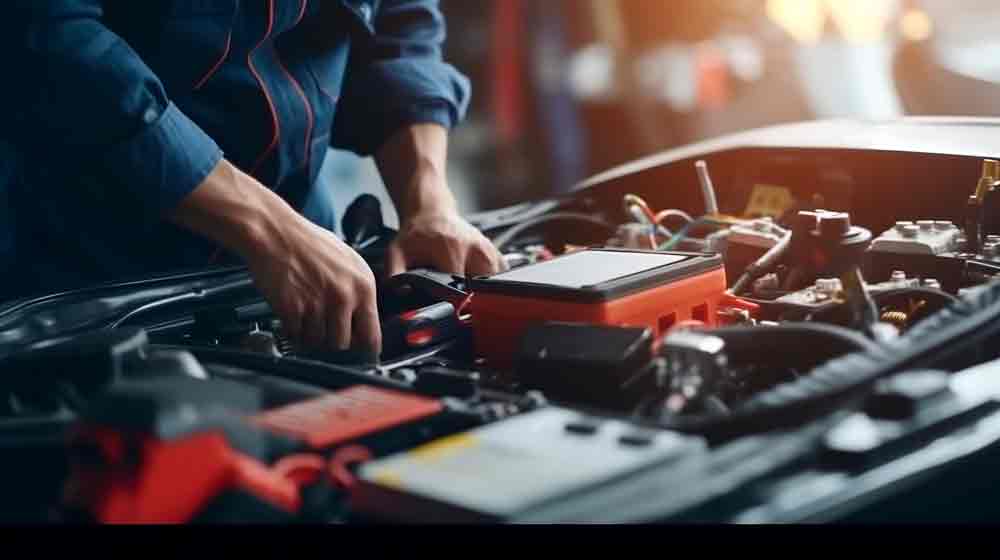battery recycling
Investing in Recycling Technology: A Smart Move for Industry Leaders
In today’s world, where sustainability and environmental consciousness are becoming increasingly important, investing in recycling technology is not just a responsible choice but also a smart move for industry leaders. This article will explore the benefits of investing in recycling technology for both large companies and entrepreneurs, with a focus on key areas such as lead-acid batteries, aluminum and metal
Cutting-Edge Solutions for Eco-Friendly Lead Acid Battery Disposal
In an age where environmental consciousness is paramount, the disposal of lead-acid batteries has become a matter of grave concern. These batteries, commonly found in vehicles, uninterruptible power supplies (UPS), and various industrial applications, contain hazardous materials that pose a significant risk to our ecosystem. Fortunately, there are cutting-edge solutions available for eco-friendly lead-acid battery disposal that not only mitigate
Sourcing Spare Parts for Recycling Plants: A Comprehensive Guide
In this comprehensive guide, we will provide recycling plant operators with valuable insights on sourcing spare parts for their equipment. Operating a recycling plant is a crucial endeavor, and ensuring the availability of quality spare parts is essential for maintaining efficiency and sustainability in the long run. The Importance of Quality Spare Parts Efficiency and sustainability are the cornerstones of
Streamlining Lead Battery Disposal for Large Corporations
In this article, we’ll delve into the world of lead-acid battery disposal for large corporations, exploring the correct methods, regulations, risks, benefits, and sustainable alternatives. At GME Recycling, we are committed to sustainable circular models and meaningful innovation. With over 40 years of experience in non-ferrous recycling, we’ve designed and built more than 25 plants across three continents, recycling over
The Evolution of Lead-Acid Battery Recycling
Lead acid batteries, often referred to as Pb batteries, are a common element in our daily lives. They can be found in vehicles, emergency electronic equipment, and many other applications. But what happens to these batteries when they reach the end of their useful life? In this article, we will explore the process of lead acid battery recycling and the
Innovative lead acid battery recycling solutions: successful approaches
At GME, we understand the significance of lead-acid battery recycling in today’s environmentally conscious world. Lead-acid batteries have long been utilized across various industries, but their improper disposal poses serious environmental hazards. However, as the global concern for environmental sustainability continues to rise, the safe and efficient recycling of lead-acid batteries has become a crucial focus. In this article, we
What is a lead-acid battery? A comprehensive guide
Lead-acid batteries are a popular type of rechargeable battery that have been used for decades. They are widely employed in various applications, ranging from automotive and marine industries to telecommunications and uninterruptible power supplies (UPS). In this comprehensive guide, we will explore the functionality, working principle, types, and advantages of lead-acid batteries. How Lead-Acid Batteries Work Lead-acid batteries operate based
How to recondition lead acid batteries: extending lifespan and restoring performance
GME New Fixed Axis Rotary Furnace Design: Revolutionizing Lead-Acid Battery Recycling
Why Battery Recycling Is a Global Health Issue
From the bustling shantytowns of Africa to the narrow backstreets of China’s cities, small-scale businesses that focus on lead recycling, particularly from automotive batteries, are on the rise. These unregulated operations pose a significant threat to public health and the environment, with children being the most vulnerable to lead poisoning. Given this dire situation, recycling lead acid car batteries is










